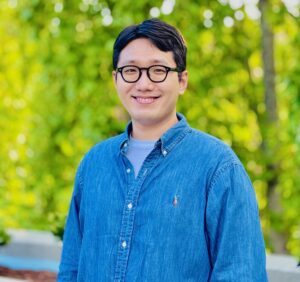Population Research Discovery Seminars

A Demographer’s View of Education and Dementia: Patterns, Predictability, and Persistence
Hyungmin Cha, Assistant Professor of Sociology, University of Washington
Parrington Hall Room 360
To Join By Zoom: Register HERE
11/21/2025
12:30-1:30 PM PT
360 Parrington Hall
Co-Sponsor(s):
Education is one of the strongest predictors of dementia, but its influence extends well beyond whether individuals develop the condition. In this talk, I synthesize three projects that examine how education shapes the functional form, timing, and cumulative duration of dementia experiences. Using nationally representative longitudinal data from the U.S. Health and Retirement Study, I show that (1) dementia risk declines linearly with additional years of schooling, with a notable threshold reduction at high school completion; (2) education postpones dementia onset and reduces variability in its timing, such that college-educated adults experience both later and more predictable onset; and (3) higher life-course socioeconomic status extends dementia-free life expectancy and compresses the years lived with dementia. Together, these studies position education as a fundamental cause of dementia disparities, shaping not only incidence but also the lived experience of cognitive aging. This work advances a sociological and demographic life-course framework for understanding how education structures cognitive health inequalities.
Hyungmin (“Min”) Cha is an Assistant Professor of Sociology and an affiliate of the Center for Studies in Demography and Ecology at the University of Washington. He is a demographer and population health researcher whose work examines how socioeconomic resources shape health inequalities across the life course and across generations. His current projects focus on education and dementia, highlighting how schooling influences the patterns, timing, and duration of cognitive aging. His research has appeared in leading journals including Demography, Social Forces, Journal of Health and Social Behavior, Social Science & Medicine, and Journals of Gerontology: Social Sciences, among others. He received his PhD in Sociology and Demography from the University of Texas at Austin, completed a postdoctoral fellowship in Gerontology at the University of Southern California, and is a recipient of the Gerontological Society of America’s 2023 Richard Kalish Innovative Publication Award.